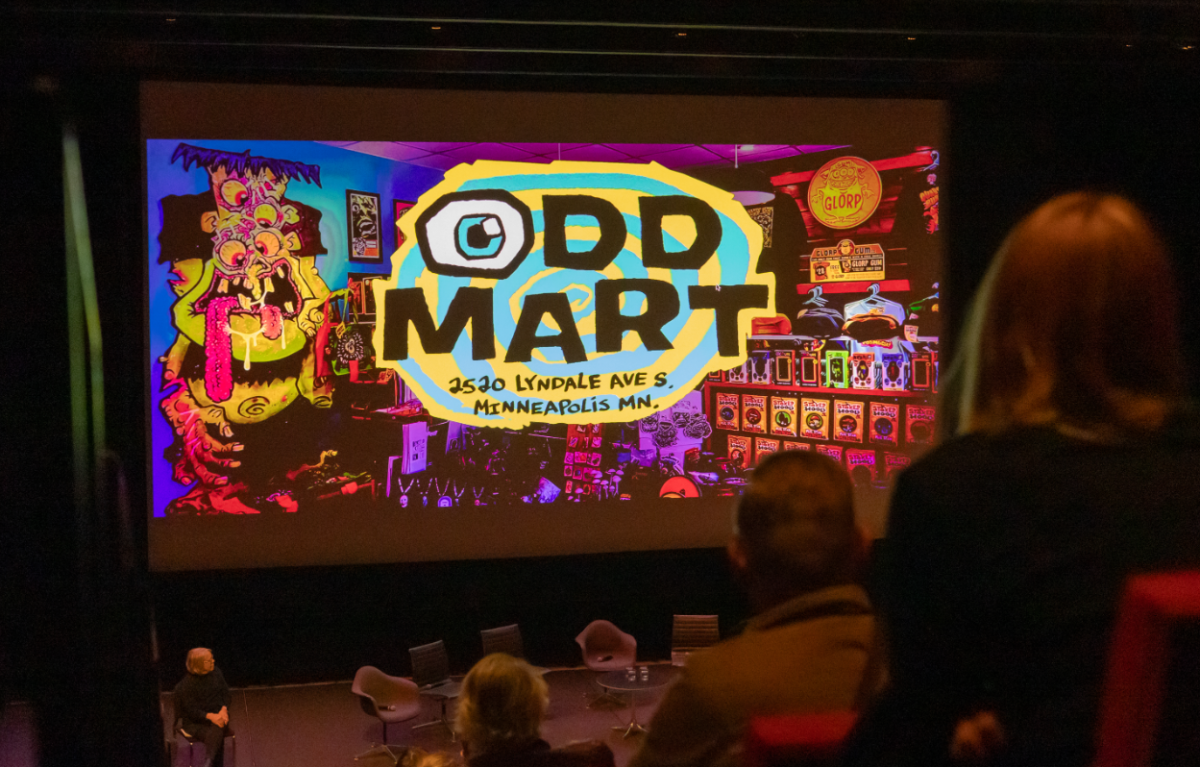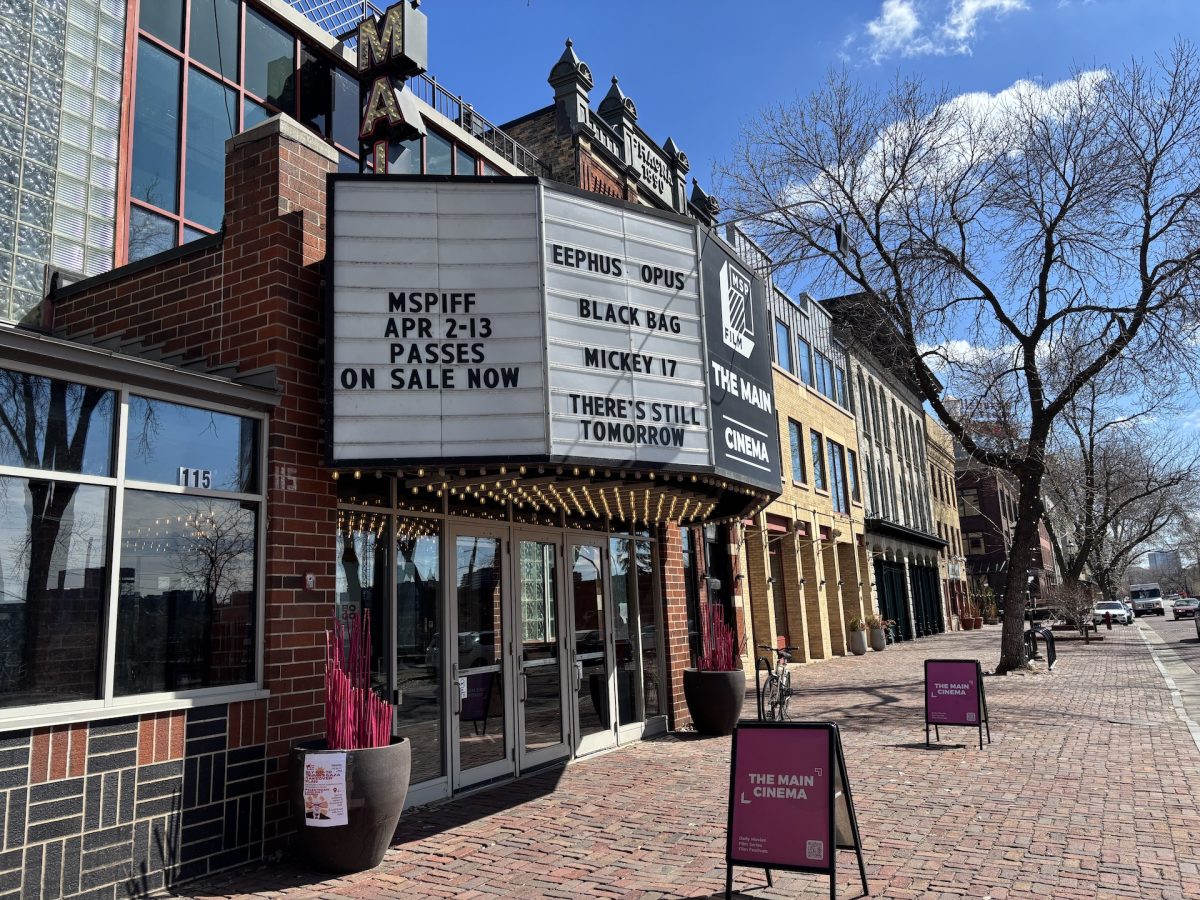It only takes a few hours on any given Friday or Saturday night, wandering amid the impersonal drunkenness of First Avenue, to understand Miranda July’s point in the brilliant and understated “Me and You and Everyone We Know.”
As human beings, we desperately want to reach out to those around us. We want to have real, meaningful and inspired interactions, and to learn more about ourselves and our world through the eyes of others.
But as July seems to see it, we’ve lost our way in this divided, digital age, becoming evermore isolated and jaded as things swirl faster and faster around us.
These are the issues at the center of July’s first, wonderfully poetic, film. It’s a movie about people’s inability to communicate but also about their passionate commitment to overcome the boundaries that divide us. It’s about our timidity in breaking out of our ever-smaller shells but also our determination to live beyond the technology that cuts us off.
As this independent film has secured distribution, the real question has not been whether it would be popular but how it would be marketed. Odds are, most have never seen a movie like this before, and to simply bill it as a romance or quirky comedy would be a disastrous sales pitch. Taglines don’t quite apply.
There are four main story threads that weave among one another. The first occurs only because of rabid consumerism: Christine (July) wants to buy a pair of shoes, and she thinks that Richard (John Hawkes), the salesman, seems like a nice guy. But Christine is nervous about failure, Richard is still recovering from a divorce, and communication stalls until one day Christine forces the issue, the dams break, and the words flow.
The second and third stories show how teenagers mistake meaningless sex and flirtations for some form of genuine intimacy. There are the two boys who live and breathe by their computer, seeking maturity through dirty conversations in Internet chat rooms. And there are the two bored teenage girls and the reclusive homeowner who flirt through a rather perverted public conversation scrawled out on poster board outside his house.
And the final subplot is perhaps the most personal for this first-time filmmaker. July, a performance artist in real life, wants desperately to enter a digital video exhibition as Christine in the film. She approaches the curator who regards her with disdain, until late one night she pops in Christine’s video and leaves it running while she works.
What happens in this scene, late at night, between two women – one real and one projected – is the divide that “Me and You and Everyone We Know” wants to look at. Technology has brought us together, yes, but it has also driven us apart. We’re a more liberated society than ever before, but we still seem unable to cross some of those barriers that keep us forever isolated.
And in the darkness, as in all this film’s powerful and subtle asides, July jumps up and down, screams and pleads across the room, asking for a miracle – for another human to take a risk and reach out in return.
In many ways, that’s what this very film is: A miraculous risk taken by an artist determined to have a conversation that would never find its way into a safe, marketable Hollywood project.
It’s a risk that has won acclaim at both the Sundance and Cannes Film Festivals and a success that stands as the boldest commentary on the modern American experience – and its struggles – to hit theaters in quite some time.







